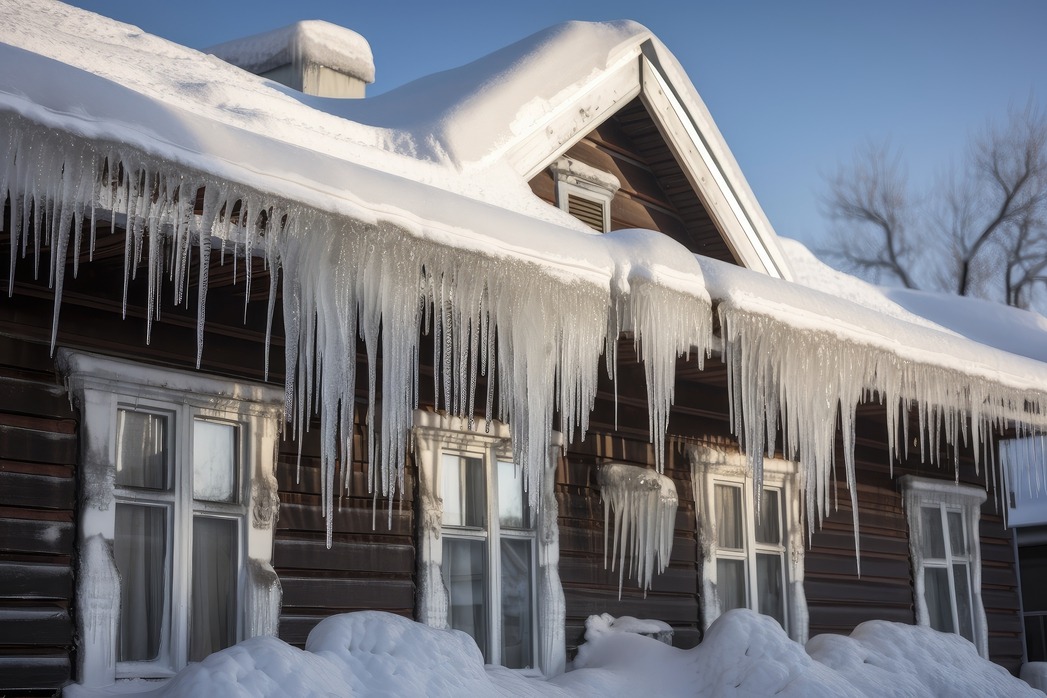Winter is a magical time of year, but it can also wreak havoc on your finances. From heating costs to holiday expenses, many factors contribute to the seasonal strain on your budget. Here are some common reasons winter can be a budget-breaker, along with tips to help you stay financially healthy through the colder months.
1. Higher Energy Bills
The most obvious culprit in winter is the rise in energy costs. Heating your home can lead to skyrocketing utility bills, especially if your house isn’t well-insulated.
Tip: Invest in energy-efficient solutions like weatherstripping, programmable thermostats, and energy audits. Even small changes, like lowering your thermostat a few degrees and using space heaters in occupied rooms, can save money.
2. Holiday Spending
From gifts to parties, holiday expenses can quickly add up. Many people find themselves overspending during this festive time, often relying on credit cards.
Tip: Set a holiday budget and stick to it. Focus on meaningful but affordable gifts, DIY decorations, and potluck-style gatherings to share costs.
Get Started With a Free Debt Analysis
We make it easy on mobile or desktop. FREE with no obligations.
3. Unexpected Vehicle Expenses
Winter weather can be harsh on vehicles. Snow, ice, and cold temperatures often lead to higher maintenance costs, such as new tires, battery replacements, and frequent repairs.
Tip: Prepare your car for winter early with a maintenance check-up. Investing in snow tires and routine care can prevent costly breakdowns.
4. Seasonal Wardrobe Updates
In colder climates, winter calls for heavier clothing, which can be pricey. If you need new coats, boots, or other cold-weather gear, your budget might take a hit.
Tip: Shop end-of-season sales, thrift stores, or online marketplaces for winter essentials. Look for quality items that will last multiple seasons.
5. Entertainment Costs
When the weather keeps you indoors, entertainment costs can rise. Streaming subscriptions, holiday movies, and indoor activities can add up quickly.
Tip: Take advantage of free or low-cost activities, like local winter festivals, free museum days, or family game nights. Many communities offer free or low-cost events during the winter season.
6. Health and Wellness Expenses
Colder weather often means more visits to the doctor for flu or colds. Add to that the cost of vitamins, supplements, and gym memberships to stay healthy, and your health-related expenses can soar.
Tip: Preventative care is key. Use free or low-cost flu clinics, maintain a healthy diet, and stay active with home workouts.
7. Home Maintenance and Repairs
Winter can be tough on your home. From burst pipes to snow removal, unexpected home maintenance costs can strain your budget.
Tip: Regularly inspect and maintain your home to avoid costly repairs. Simple measures like insulating pipes and cleaning gutters can prevent expensive damage.
Conclusion –
Winter may be a challenging season for your wallet, but with careful planning and proactive strategies, you can stay on top of your finances. If you’re feeling overwhelmed, consider reaching out to Advantage Credit Counseling Service for guidance. We can help you create a budget, manage debt, pay off unsecured debt, and keep your financial goals on track—even in the chilliest months.
